Composting is a vital practice for any gardener aiming to enrich the soil with nutrients and improve water retention capacity. It is a method to recycle kitchen waste, garden waste, and other organic materials into valuable organic compost for your garden. Let’s explore it!
1. What is Composting and Why Do It?
Composting is the process of turning organic materials, such as kitchen scraps, yard waste, and plant matter, into a nutrient-rich soil amendment called compost. It involves the decomposition of these materials by microorganisms, such as bacteria and fungi, in the presence of oxygen. Through this natural process, organic materials break down and transform into a dark, crumbly substance that is beneficial for soil health and plant growth. Compost is often used as a natural fertilizer and soil conditioner, providing essential nutrients, improving soil structure, enhancing water retention, and promoting the overall health of plants.
2. How to compost
2.1. Hot Composting method
- Hot Composting method is traditionally a pile of green and brown matter in your backyard.
- You simply need to place organic waste into a container and close the lid. The waste will decompose under normal conditions, and after a few days, you can use it as fertilizer for your soil.
2.2. Direct Composting
- Direct Compost is simply digging a hole or trench in the ground and burying your scraps.
- This is probably the simplest and oldest method, although it takes a considerable amount of time for complete decomposition to occur

2.3. Tumbler Composting
- For many people, this is a great system if you are relatively strong and keen to turn it every day or every few days.
- The advantage of tumbler composting is that it speeds up the composting process by aerating the compost materials. You only need a small investment to purchase a tumbler and get started.
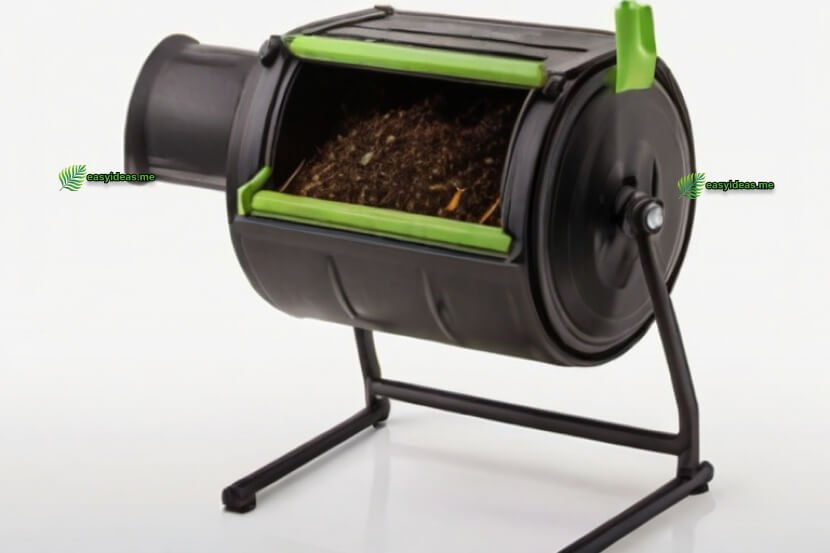
2.4. Worm Farm Composting
- Worm farm composting, also known as vermicomposting, is a method of composting that utilizes specific species of worms, typically red worms (Eisenia fetida), to break down organic waste.
- It involves creating a controlled environment where worms can thrive and consume organic materials, converting them into nutrient-rich worm castings or vermicompost.
- To start a worm farm, you will need a container or bin with proper ventilation and drainage. Bedding materials such as shredded newspaper, cardboard, or coconut coir are added to create a comfortable habitat for the worms. Then, the worms are introduced to the bedding along with organic waste such as fruit and vegetable scraps, coffee grounds, and tea leaves.
- The worms feed on the organic waste, breaking it down through their digestive process. As they consume the waste, they excrete nutrient-rich castings that are highly beneficial for plants. These worm castings can be harvested and used as a natural fertilizer for gardens, potted plants, or as a soil amendment.
2.5. Bokashi Composting
- Bokashi composting is a unique method of composting that originated in Japan.
- It involves fermenting organic waste using a special inoculated bran called Bokashi bran.
- This process allows for the breakdown of a wide range of organic materials, including meat, dairy, and cooked foods, which are typically not suitable for traditional composting methods.
- To start Bokashi composting, you will need a Bokashi bin or container with an airtight lid.
- The organic waste is placed into the bin in layers, and each layer is sprinkled with Bokashi bran. The bran contains effective microorganisms (EM) that help ferment the waste.
- Once a layer is complete, it is pressed down to remove air and then covered with the lid. The fermentation process begins, with the waste breaking down and producing a nutrient-rich liquid called Bokashi juice.

Composting truly brings many benefits to gardens and the environment. When we compost, organic waste such as kitchen scraps, leaves, grass clippings, and coffee grounds are decomposed and transformed into nutrient-rich organic compost. This compost is highly valuable for plants as it provides essential nutrients such as nitrogen, phosphorus, potassium, and other trace elements.
Adding organic compost to the soil helps improve soil structure, water retention, and aeration. This enhances the development of the soil’s microbial community, promoting the growth and development of plants. Additionally, organic compost provides the necessary elements for seed formation, flowering, fruiting, and enhances the plants’ resistance to diseases.
Composting also plays a crucial role in reducing the amount of organic waste going into landfills. Instead of disposing of them in landfills and contributing to environmental pollution, we can recycle and utilize them to create natural and sustainable fertilizers.
In summary, composting provides outstanding benefits to gardens and the environment. It not only helps reduce waste but also supplies nutrients and improves the soil, creating optimal conditions for plant growth and fostering a healthy living environment.
Read more:

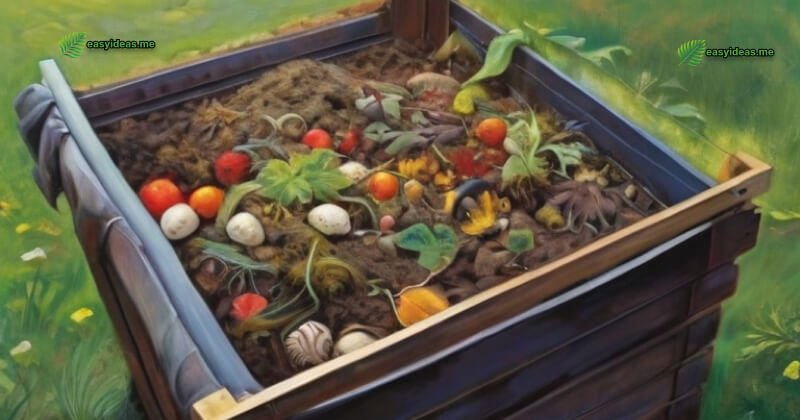
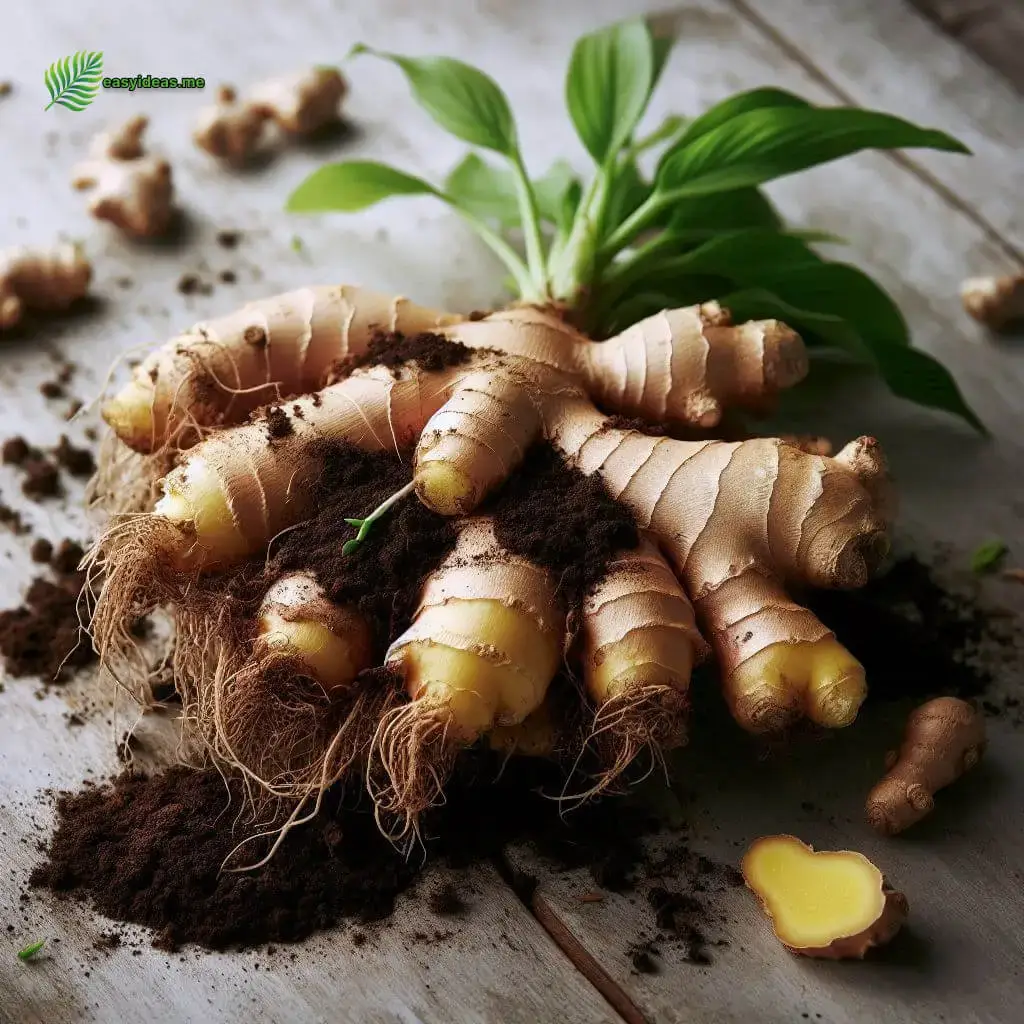
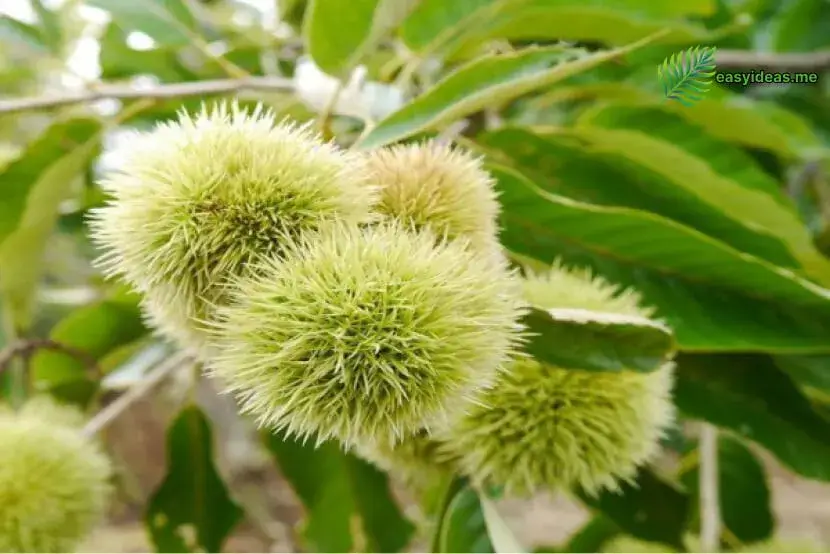
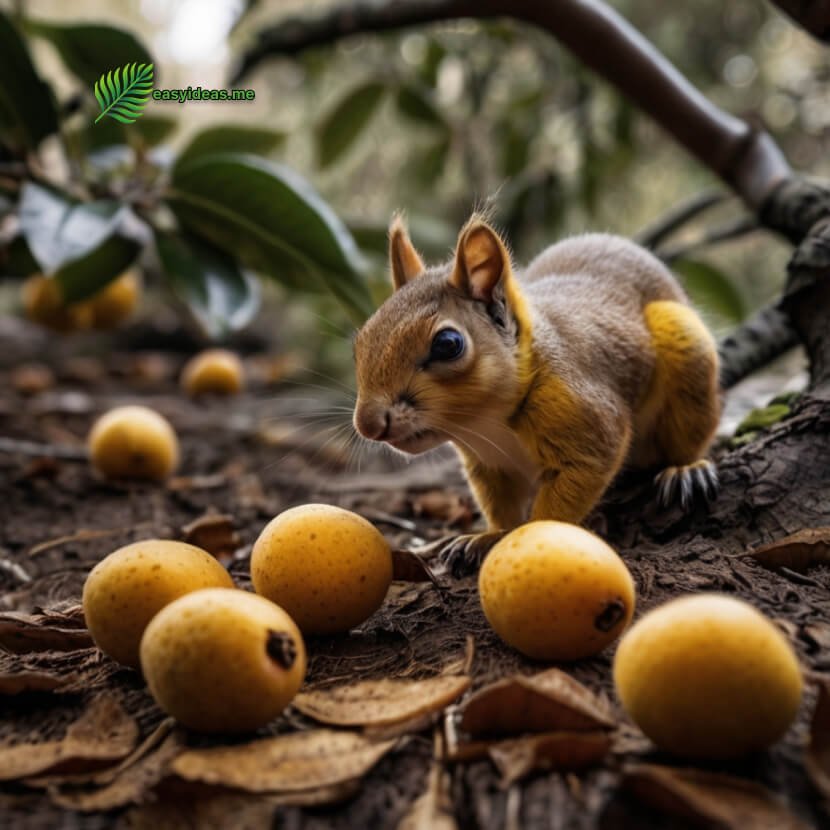

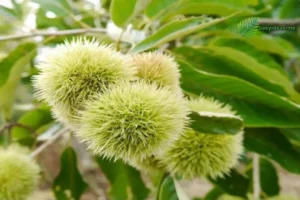


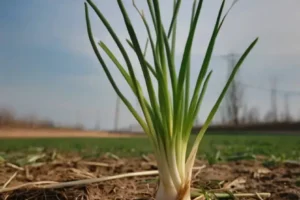
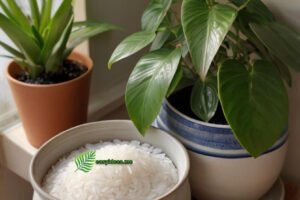
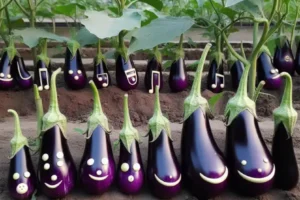
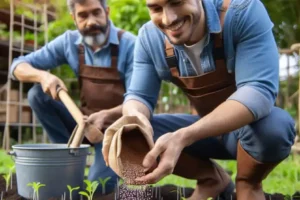

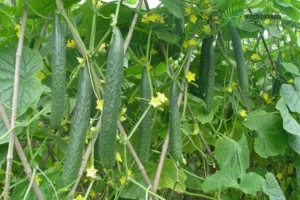

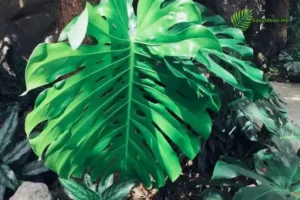
One thought on “The Ultimate Guide to Composting”